Life in the United Arab Emirates (UAE) is comfortable, modern and service-oriented. The country is a great place to live and invest in property. But, as with anywhere else, there are monthly housing costs in the UAE that you need to think about when planning your budget, whether you are renting or buying. In this piece, we'll explain how the Emirates' utility system works, how much people pay on average and how costs differ between people who own their homes and people who rent.
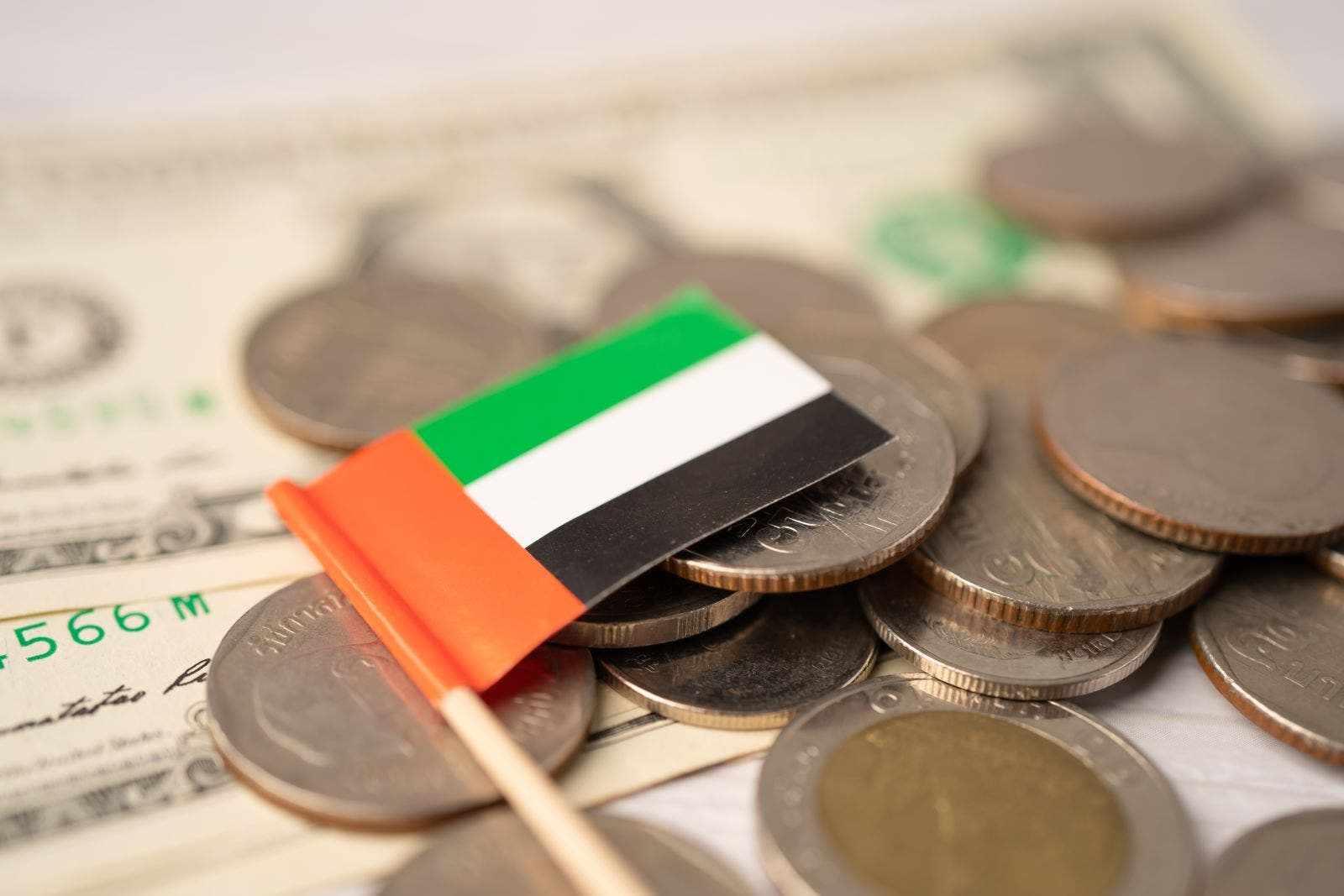
What does the word 'utilities' in the UAE actually refer to?
In the UAE, utility bills cover a set of standard services. These include electricity, water, air conditioning and rubbish collection. They also cover the maintenance of shared areas. You will also have to pay extra for internet, television, gas and sometimes parking. When you rent a home, some of these costs may already be included in the rent, especially for short-term rentals or daily stays. When you rent or buy a property, you are responsible for all of these bills. The biggest utility companies in the UAE are:
- DEWA (Dubai Electricity and Water Authority) - in Dubai.
- SEWA is the name of the organisation responsible for electricity and water in Sharjah.
- ADDC (Abu Dhabi Distribution Company) in Abu Dhabi;
- FEWA (Federal Electricity and Water Authority) in the Northern Emirates.
Emicool, Empower or Tabreed (depending on the project developer) are often used for district cooling services. Even though the tariffs are similar, local taxes can make a big difference to the final amount on the receipt. For example, utilities can cost 30-40% less in emirates like Sharjah or Ras Al Khaimah than in Dubai or Abu Dhabi. It is much cheaper to live here because there is no central cooling system, not many people live here, and the housing estates are simple. But remember that they might also have less infrastructure.
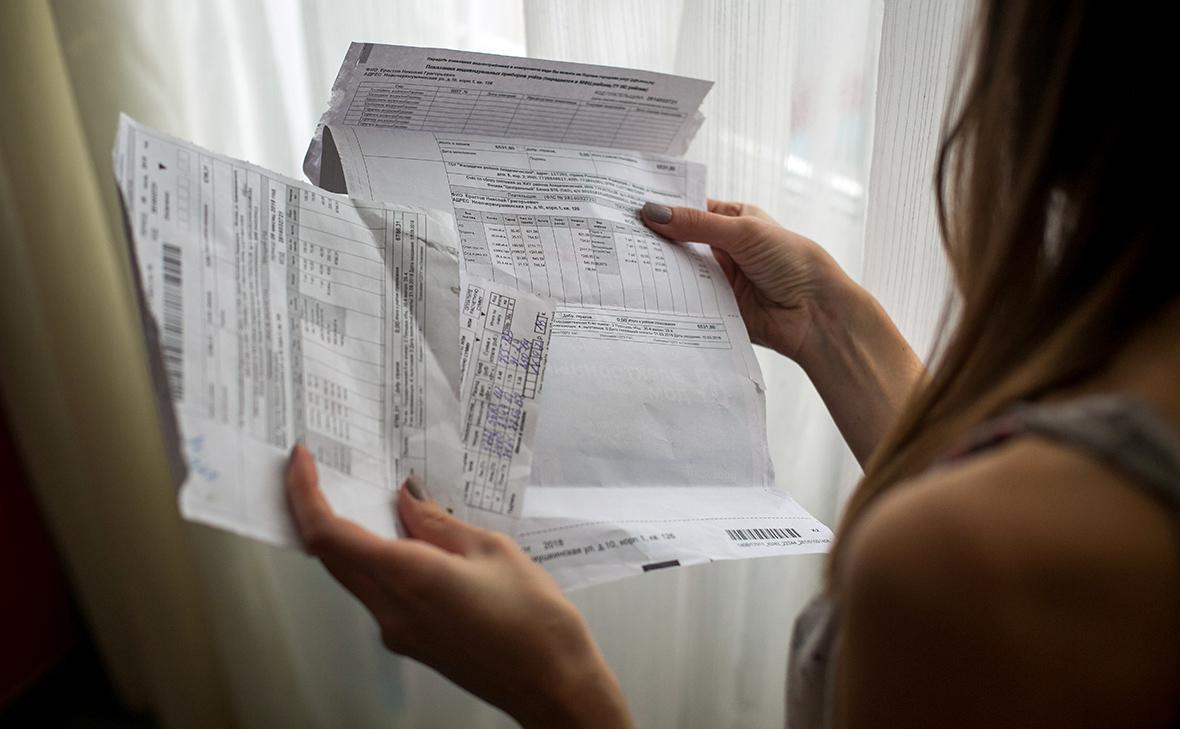
How much does electricity, water and air conditioning cost in the UAE?
In the UAE, as in most countries, the amount you pay for your utility bills depends on how much water and electricity you use. Everything is measured using meters. The more you spend, the higher the total amount. The cost depends on the size of the property. The number of residents is also important. The more people there are, the more water they use.
The average electricity and water bill for a two-room flat with a family of three is between Dh300 and Dh400 per month. This amount can change depending on the time of year. In summer, when air conditioners are used all the time, the costs go up a lot.
Take extra care of the air cooling system. Most new housing developments in the UAE do not use the traditional split-system air conditioning, but rather a centralised system known as District Cooling. It uses less energy, but it costs more because there is a fixed usage fee. The cost of District Cooling depends on the number of floors in the building. The more floors, the more expensive it will be. For an average-sized flat (about 100 m2), the monthly bill for this service is usually more than AED 800 for moderate usage. In other words, the total cost of air conditioning can be as much as half of your utility bills.
At the moment, the old electric system in houses and villas is paid for based on how much electricity you use. The average electricity bill for a two-bedroom apartment is around 300-500 AED in winter and can rise to 800-1000 AED in summer. For villa owners, the costs are higher at around AED 2,500 per month.
You can find out how much electricity and water will cost using a tariff calculator on a utility provider's website. For example, in Dubai, DEWA.
A curious thing about the UAE is that it is the only country where people living there pay for utilities. Emirati citizens do not have to pay these costs. The state pays for their utilities (light and water). But there is one small detail. If locals use more than the allowed amount of water, they have to pay the extra cost themselves.
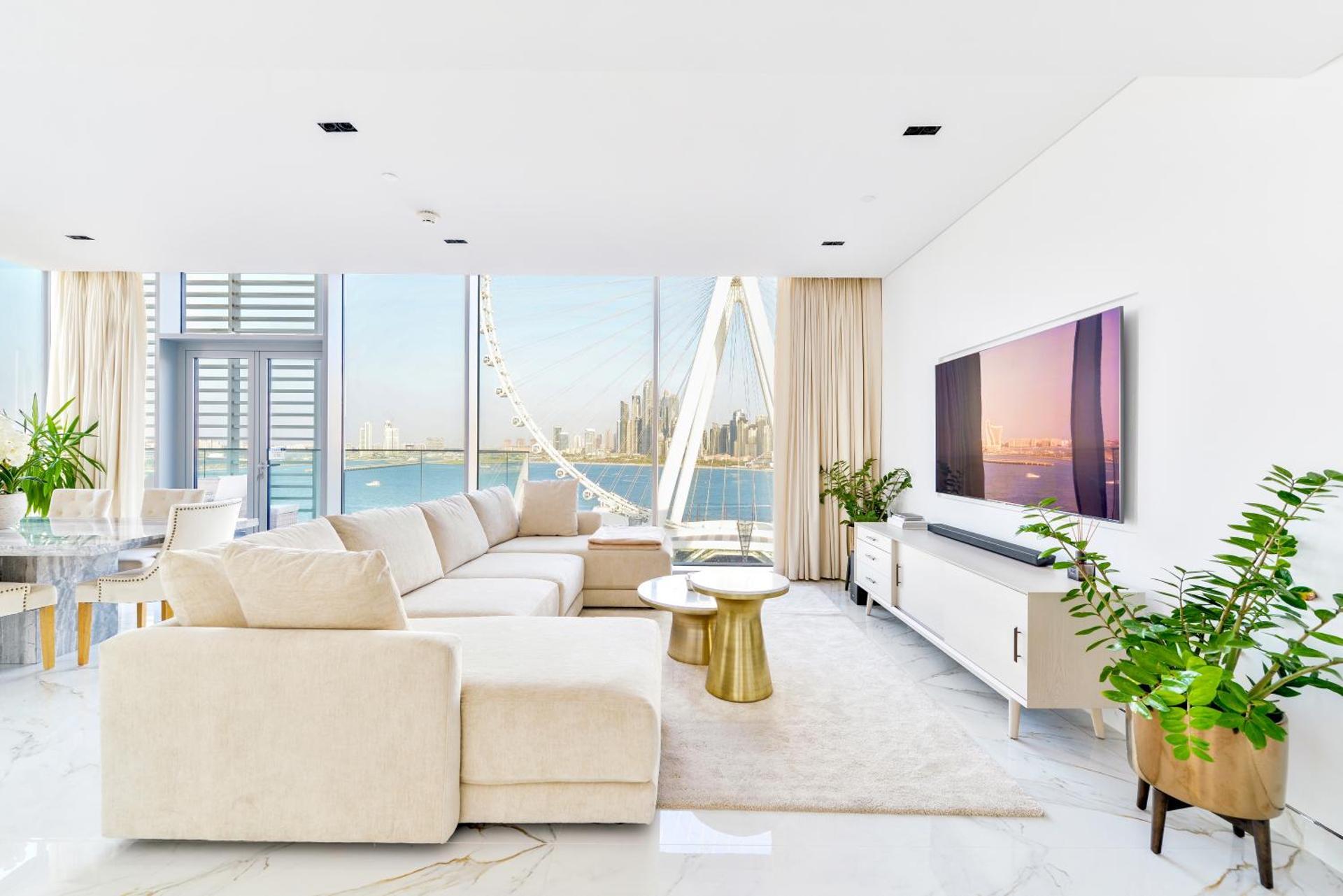
Internet, TV and other services
Communication in the UAE is organised at a high level, but it is expensive. Two big companies, Etisalat and Du, offer packages that include internet, TV and landline services. A basic internet package will cost an average of AED 300 per month, but if you want to add TV channels, Netflix and Disney+ subscriptions, and speeds above 500Mbps, be prepared to pay between AED 500 and AED 800.
Rubbish collection is usually included in communal charges or covered by the local council. However, some apartment complexes, especially gated ones, may charge an extra fixed amount for this, such as AED 50-100 per month.

Property owners have to pay service charges.
Another hidden cost is looking after the housing complex. If you own a flat or villa, you must pay annual service charges for the maintenance of the common areas. This includes security, lifts, cleaning, swimming pools and gyms. This amount is based on the size of the property and can be as high as tens of thousands of dirhams per year. In posh areas of Dubai, like Downtown or Palm Jumeirah, these fees are especially high. You usually have to pay these fees a year in advance and you can't negotiate the price.
The amount you earn from renting out an investment property can be greatly affected by service charges. So, it's important to think about them when you're working out your net income. You can find the amount of the maintenance fee in Dubai on the official website of the emirate government. The calculator can be used to work out the fee for any building by Title Deed or by a point on the map.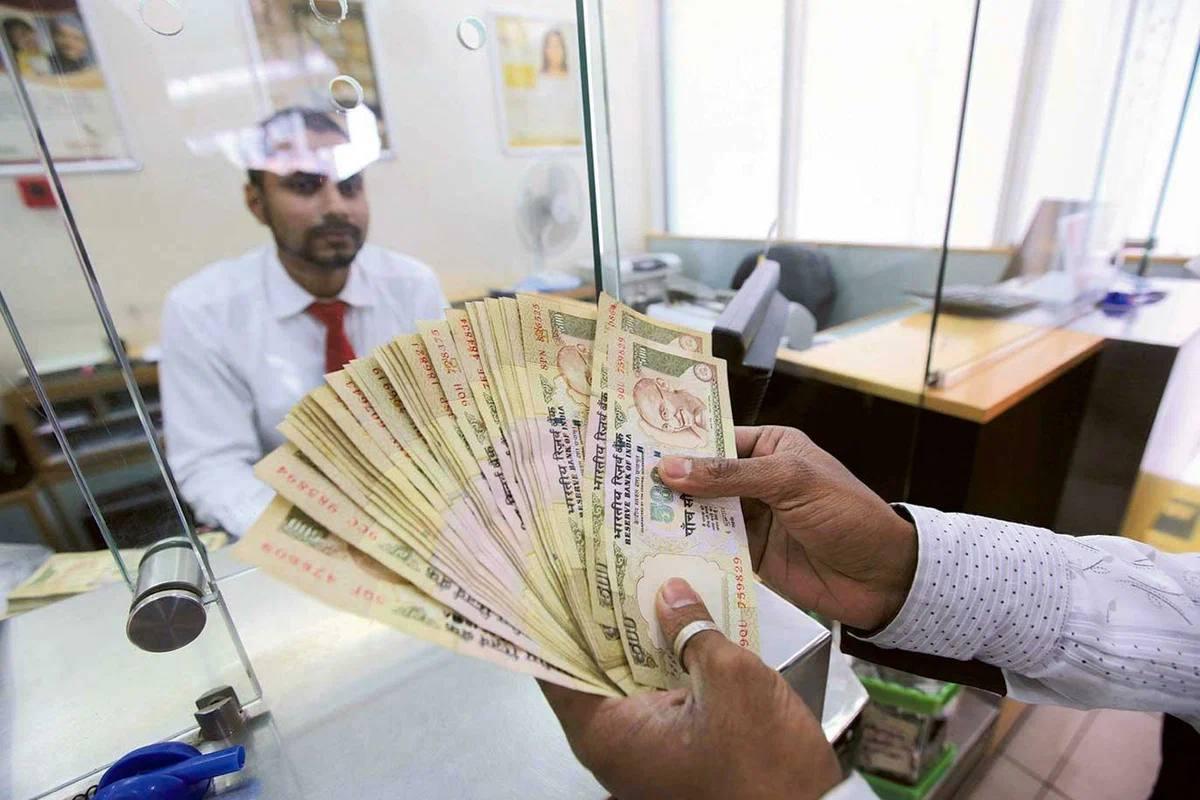
A guide to the difference in utility costs when renting and buying property in the UAE.
When renting, tenants often negotiate with landlords to include some of the utilities in the rent, especially in areas where prices are low. This could be about the cooling bill or looking after the grounds. But in the long run, if the tenant stays for several years, they pay all the big bills themselves.
People buying property have more responsibility. They pay for utilities based on how much they use them. They also pay for all service charges, maintenance and repairs. For a villa, you also have to pay for gardeners, people to maintain the pool and protection for utilities to stop them from overheating.
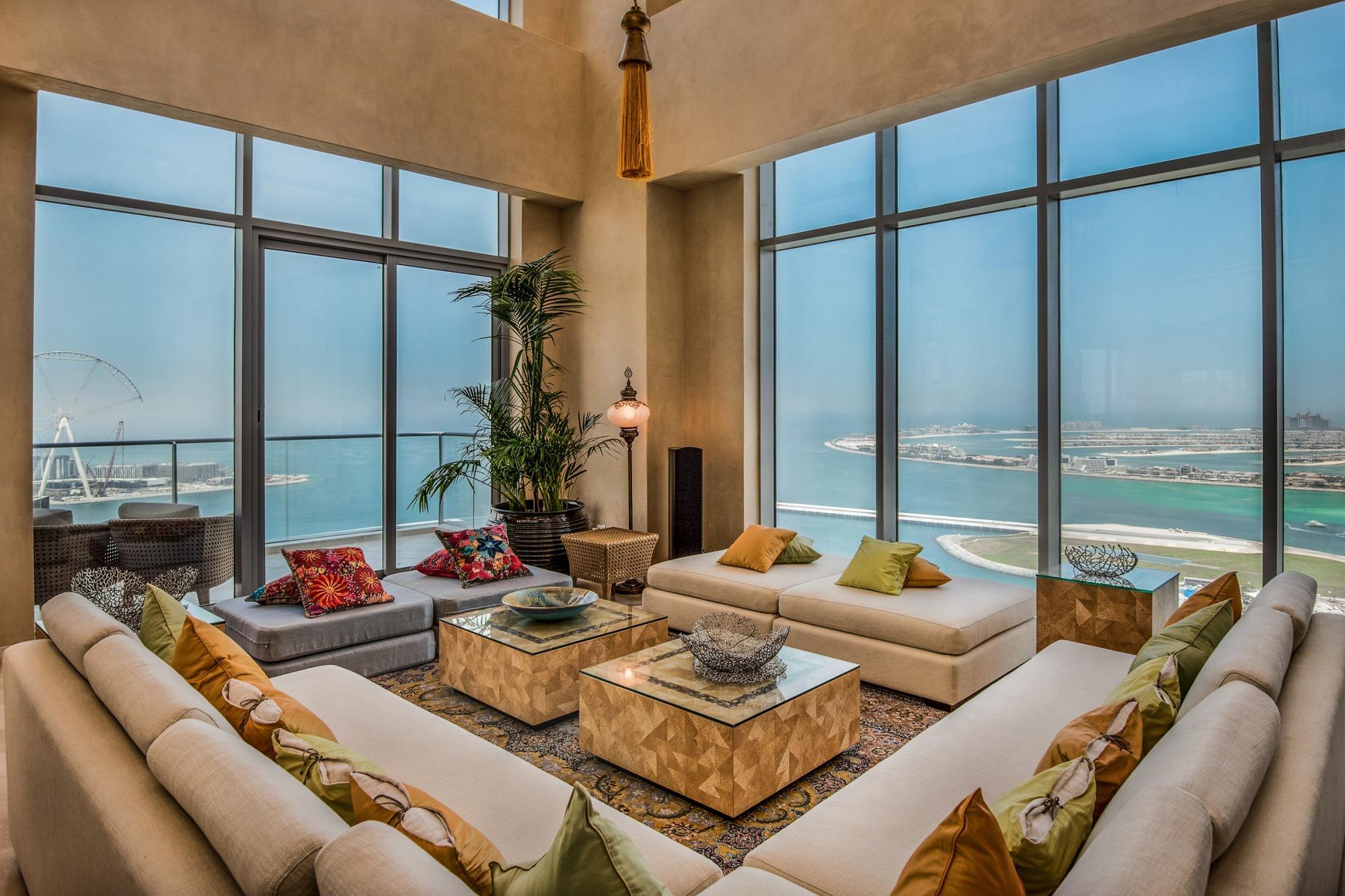
How can you cut the cost of utilities in the UAE?
You can save money on utilities in the UAE, but only if you plan carefully. First, install energy-saving light bulbs and A+ appliances. This will use less electricity. Secondly, choose accommodation without District Cooling. You can reduce costs by using normal air conditioners. Set them to an economical mode with a temperature of around 24-25 °C. You can also use curtains or sunscreens to keep the flat or house cooler. Remember to switch off lights and appliances when you are not using them. When renting or buying a home, look for good heat and noise insulation. Modern buildings are cheaper to maintain. Most importantly, check your meters regularly and keep an eye on your spending to avoid surprises on your bills.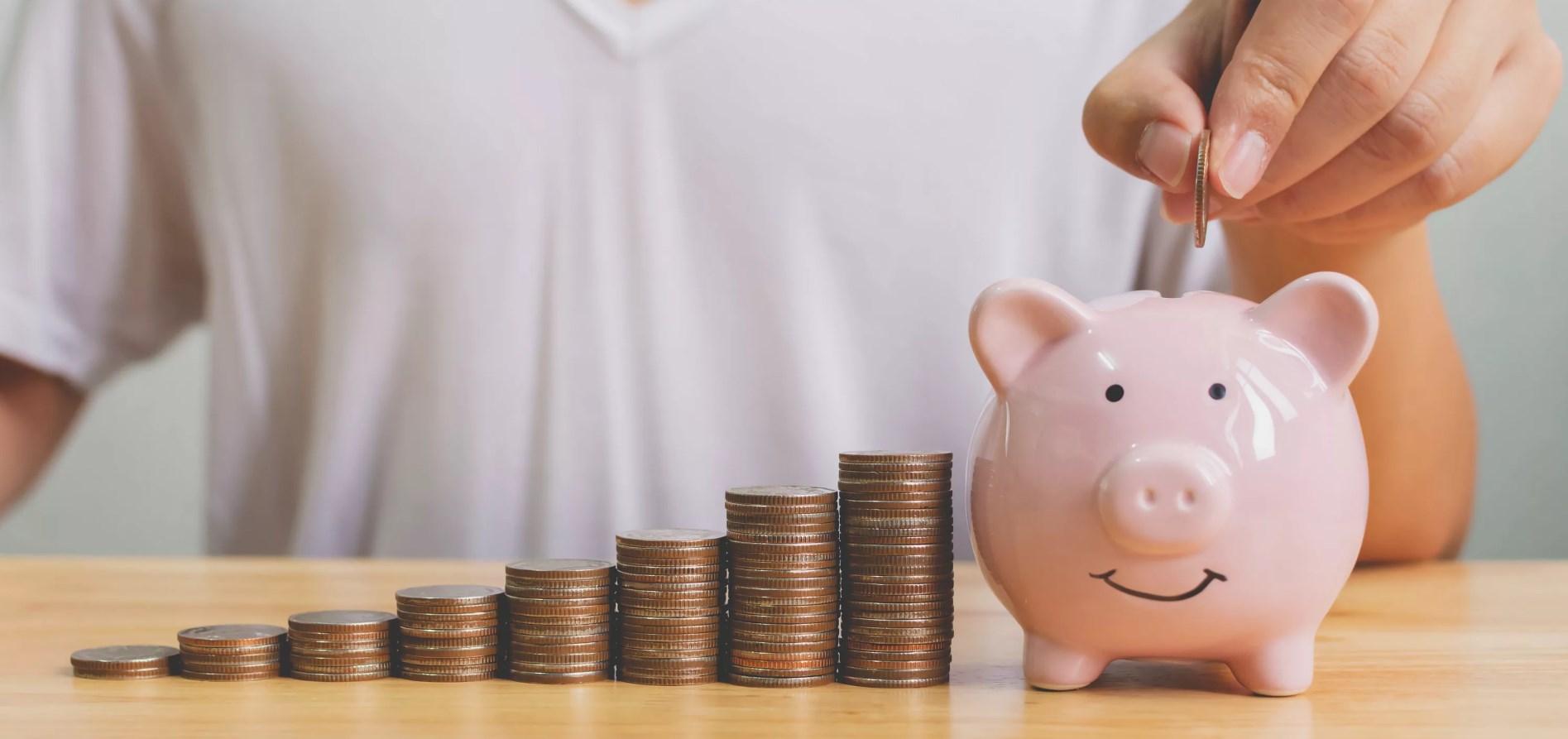
In short, utility bills in the UAE are an important part of owning or renting a home and can have a big effect on the final cost of living. The more comfortable your home is, the higher your bills will be. When choosing between buying and renting, be sure to include these costs in your financial plan. If you take a balanced approach, you can avoid any unpleasant surprises and enjoy life in one of the most modern and prosperous countries in the world.

